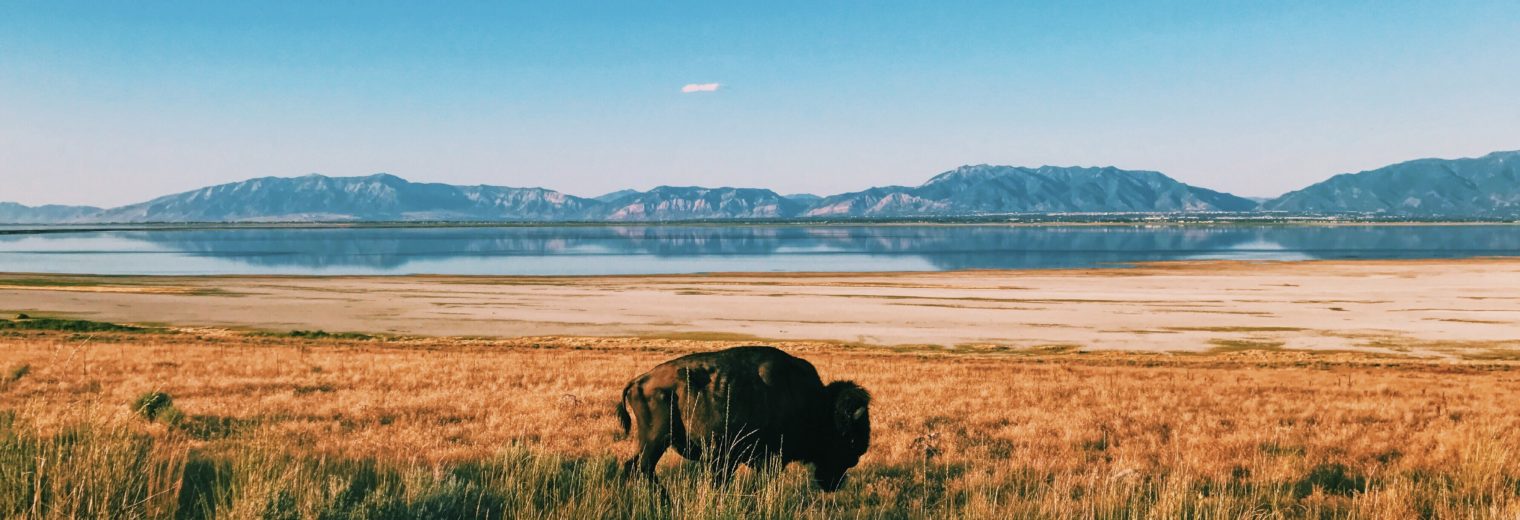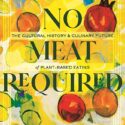Centuries of colonization and other factors have disrupted indigenous communities’ ability to control their own food systems. Indigenous Food Sovereignty in the United States explores the meaning and importance of food sovereignty for Native peoples in the United States, and asks whether and how it might be achieved and sustained.
Unprecedented in its focus and scope, this collection addresses nearly every aspect of indigenous food sovereignty, from revitalizing ancestral gardens and traditional ways of hunting, gathering, and seed saving to the difficult realities of racism, treaty abrogation, tribal sociopolitical factionalism, and the entrenched beliefs that processed foods are superior to traditional tribal fare. The contributors include scholar-activists in the fields of ethnobotany, history, anthropology, nutrition, insect ecology, biology, marine environmentalism, and federal Indian law, as well as indigenous seed savers and keepers, cooks, farmers, spearfishers, and community activists. After identifying the challenges involved in revitalizing and maintaining traditional food systems, these writers offer advice and encouragement to those concerned about tribal health, environmental destruction, loss of species habitat, and governmental food control.
Edited by Devon A. Mihesuah and Elizabeth Hoover, with a foreword by Winona LaDuke. Devon Mihesuah joins us on the podcast to talk about Indigenous Food Sovereignty in the United States as well as the newly published revision of her award-winning book, Recovering Our Ancestors’ Gardens: Indigenous Recipes and Guide to Diet and Fitness.

 Devon A. Mihesuah, a member of the Choctaw Nation, is Cora Lee Beers Price Professor in International Cultural Understanding at the University of Kansas. She has served as Editor of the American Indian Quarterly and is the author of numerous award-winning books, including Choctaw Crime and Punishment, 1884–1887; American Indigenous Women: Decolonization, Empowerment, Activism; Recovering Our Ancestors’ Gardens: Indigenous Recipes and Guide to Diet and Fitness; American Indians: Stereotypes and Realities; and Cultivating the Rosebuds: The Education of Women at the Cherokee Female Seminary, 1851–1909.
Devon A. Mihesuah, a member of the Choctaw Nation, is Cora Lee Beers Price Professor in International Cultural Understanding at the University of Kansas. She has served as Editor of the American Indian Quarterly and is the author of numerous award-winning books, including Choctaw Crime and Punishment, 1884–1887; American Indigenous Women: Decolonization, Empowerment, Activism; Recovering Our Ancestors’ Gardens: Indigenous Recipes and Guide to Diet and Fitness; American Indians: Stereotypes and Realities; and Cultivating the Rosebuds: The Education of Women at the Cherokee Female Seminary, 1851–1909.



